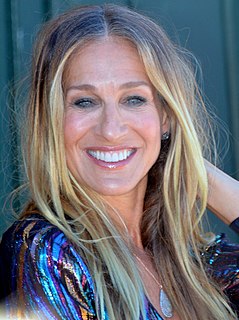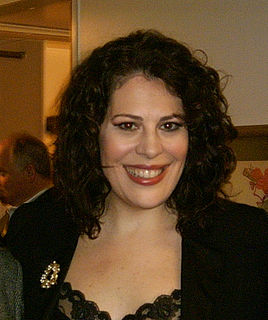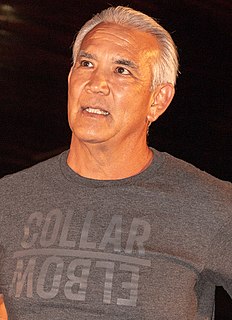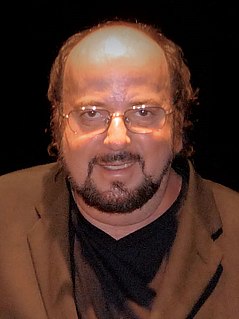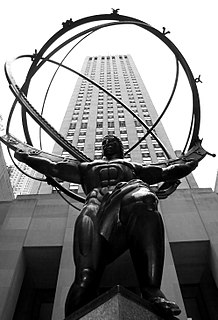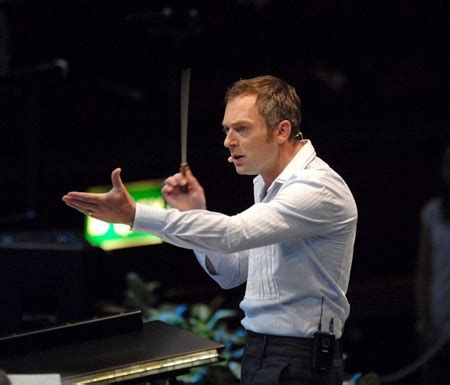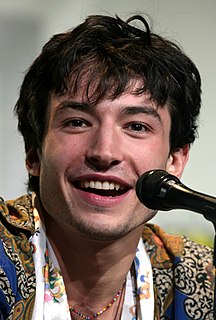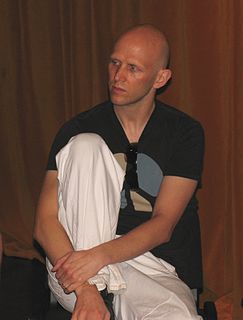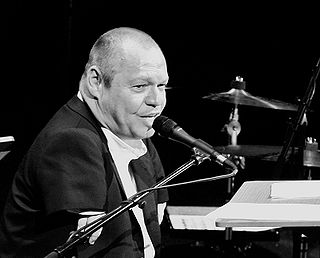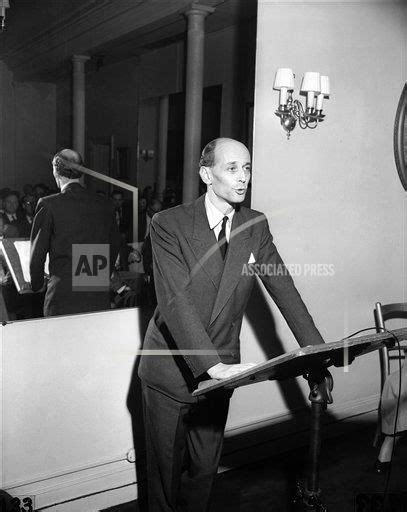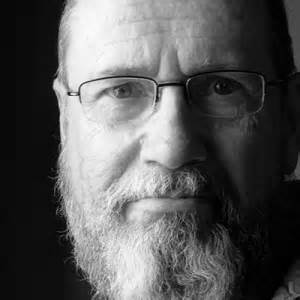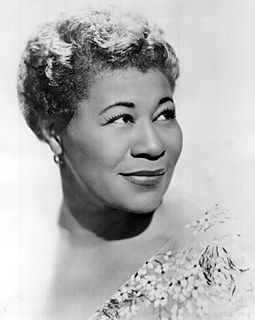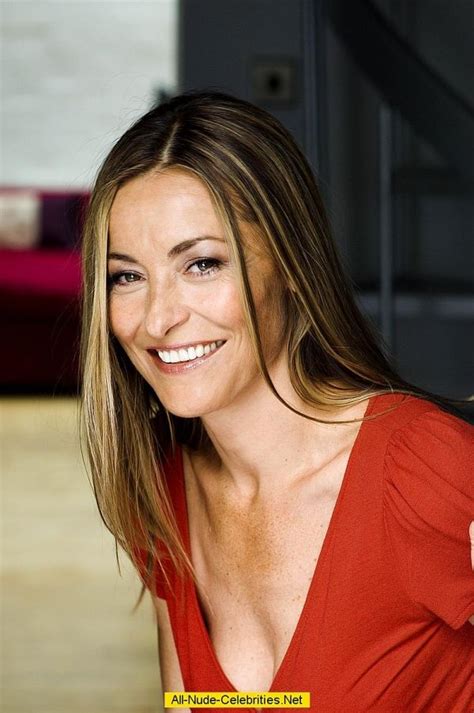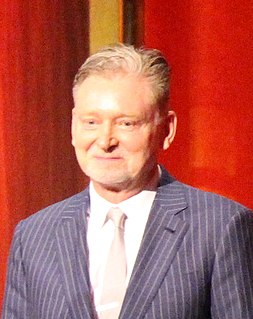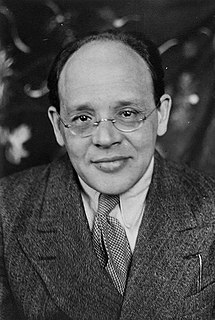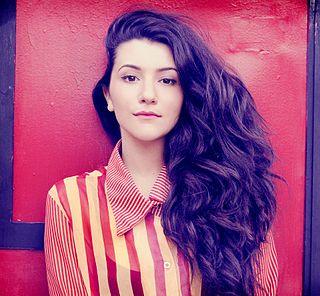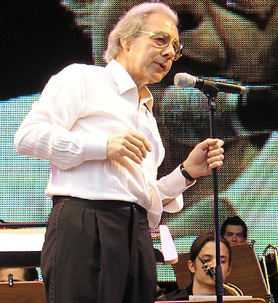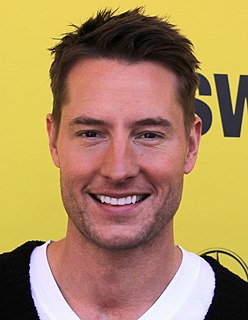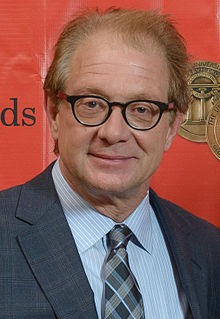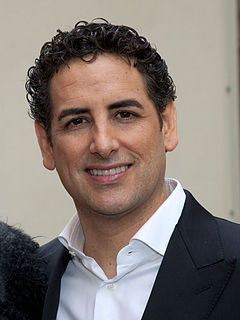Top 1120 Opera Quotes & Sayings - Page 16
Explore popular Opera quotes.
Last updated on April 21, 2025.
The arts were a big part of my childhood. We went to the theatre and opera a lot as a family. We were not at all wealthy, but it was at a time when the arts were publicly funded and there were free tickets available. For someone like myself who wasn't that academically inclined, it was a great escape.
People who have not done their research on me do not know that I am European, born in Copenhagen, Denmark to an Italian father from Napoli and a mother from Alabama who was singing opera and went to Europe, met my dad, fell in love, and then moved back to Rome, where I was raised, between Rome and Hamburg.
The work that launched Snohetta into the architectural big leagues was their Oslo Opera House, which will certainly rank among the firm's highlights whatever else they may do. Although this is by any measure a triumph of city planning, the building itself is not quite a masterpiece, though very fine indeed.
I've had an extraordinary life as a dancer. You tour the world, you see all the great capitals of the world, the beautiful old opera houses all over Europe - you go everywhere. As a teenager, I would always say, 'I can't believe this is happening to little me,' because it was always a dream to dance.
For sure, one moment really defined the path that I was to take in the future, and that was when I won the Metropolitan Opera National Council Auditions in New York in April of 1995. I had just turned 25 two days before the finals concert, and when I won, I had no idea how my life would change because of it.
You're always in a tunnel that you can't see the end of. But there's something that took place on this movie that I don't think we expected and that was that once we decided that the entire cast would be real retired opera singers and retired musicians... and these people the phone hadn't rung for them for 20 or 40 years even though they can deliver.
Politically it's easy to salve one's conscience, no matter that salving it rarely makes the problem go away. You join the Labour Party, write articles attacking the privileged, give the money you spend on opera tickets to homeless charities, and vow never to go to anything that can be considered elitist again.
I try to interpret how people subjectively experience life. Everyone has a great, horrible opera inside him. I feel that my plays, in a way, are very old-fashioned. They’re pre-Freudian in the sense that the Greeks and Shakespeare worked with similar assumptions. Catharsis isn’t a wound being excavated from childhood.
Britten's opera tends to see things in simpler terms. It portrays an Aschenbach who wants a richer form of sexual fulfillment, and who is hemmed in by the social conventions to which he subscribes. But Visconti's use of the Mahler Adagietto is perfect for what I take to be Aschenbach's sexual desire.
One of our books has been made into a musical, 'The Great American Mousical,' which I directed at the Goodspeed Opera House in Connecticut. And another, 'Simeon's Gift,' has been adapted for a symphony orchestra and five performers. I'm also a very proud member of the board of the Los Angeles Philharmonic.
The problem with Maigret is he hasn't got a limp, and he hasn't got a lisp, and he hasn't got a French accent, or a particular love of opera... or all those other things that people tend to attach to many fictional detectives. He's just an ordinary guy doing an extraordinary job, in a very interesting time.
I have learned a great deal from the theatrical side of Covent Garden. The Paris Opera Ballet is more concerned with technique. It's perfect. It's beautiful. It's well done. But it lacks the theatrical tradition that is so important in England. At the Royal Ballet, absolutely everyone on stage seems to be caught up in the plot.
I write what I like to read, and I enjoy love triangles in YA and adult fiction - not to mention in other media like TV, opera, theatre, and even in video games! I relish when dark and compelling characters compete for our protagonist's heart. The doubts, the uncertainty - the jealousy! - can be breathtaking.
In Europe, I'm recognized on the street sometimes. And that's cool, because I don't have to live there and deal with it every day. Unless you're Stephen King - a great writer, by the way, and anyone who says different knows nothing about the craft - you're more likely to be recognized in America if you play in a soap opera than if you're a novelist.
Once, when we were playing at the Apollo Theater, Holiday was working a block away at the Harlem Opera House. Some of us went over between shows to catch her, and afterwards we went backstage. I did something then, and I still don't know if it was the right thing to do—I asked her for her autograph.
Among the numerous pleasures of Vienna the hotel evenings are famous. During supper Strauss or Lanner play waltzes...After every waltz they get huge applause; and if they play a Quodlibet, or jumble of opera, song and dance, the hearers are so overjoyed that they don't know what to do with themselves. It shows the corrupt taste of the Viennese public.
But, in North Korea, it's just the opposite. There's one story. It's written by the Kim regime. And 23 million people are conscripted to be secondary characters. There, as a youth, your aptitude towards certain jobs is measured, and the rest of your life is dictated, whether you'll be a fisherman or a farmer or an opera singer.
I think the joy of any soap opera is it is always there. You are allowed into this world for a little while and it's safe in that you are watching other people go through some troubles rather than yourself. It's there every night, and there is something special about that sort of terrestrial television experience for a mass audience.
When I was a teenager, I thought I wanted to be an actor. I worked on an Indian soap opera that was my first exposure to production. But I quickly became disillusioned by acting and seeing that in the movies I loved and the TV I loved, no one looked like me. There weren't going to be any leading roles that would be interested in casting someone with my face.
On a soap opera, you'll do an episode and a half a day, and in prime time television, you're hustling to get an episode done in eight days. That's a little bit frustrating sometimes. But there's also something exhilarating about it. It's kind of like live theater in a way, where you get one crack at it.



